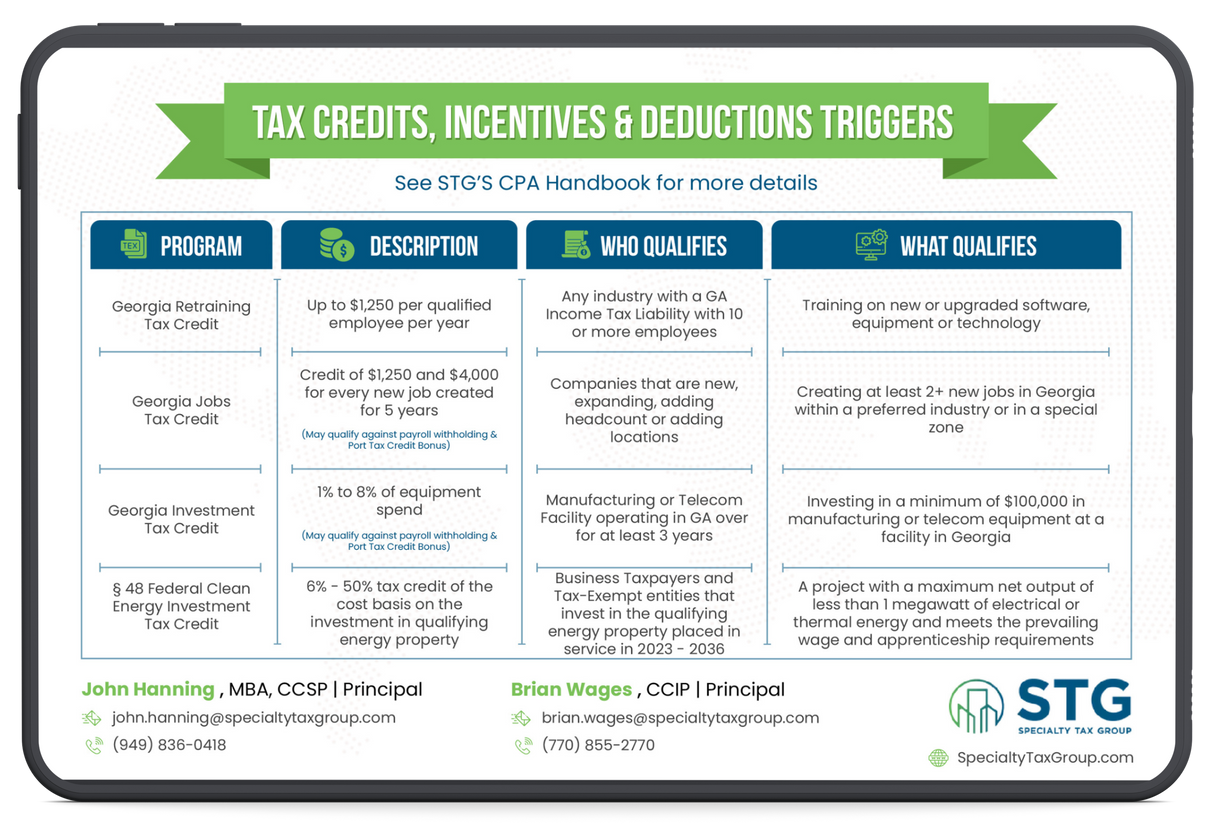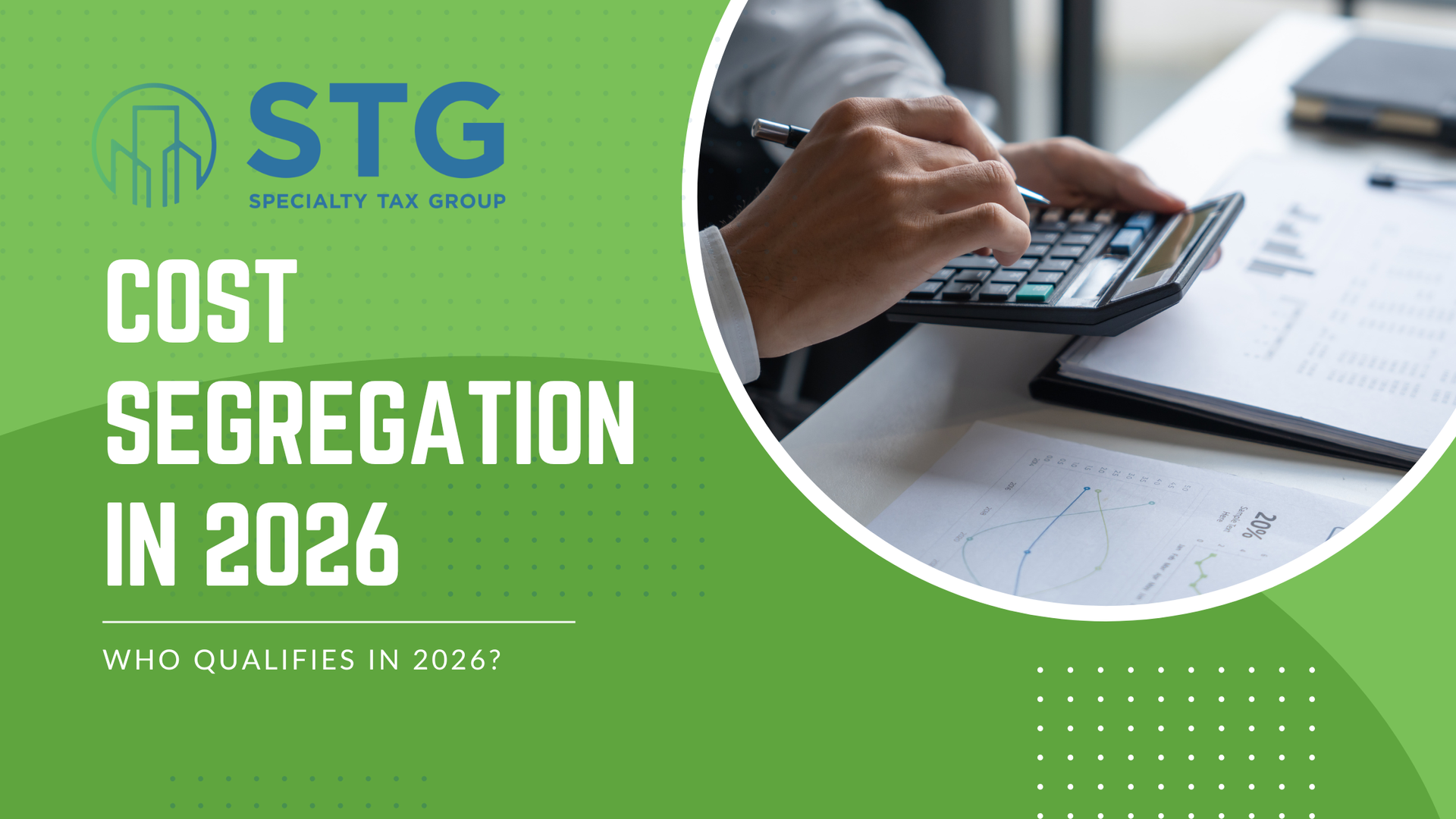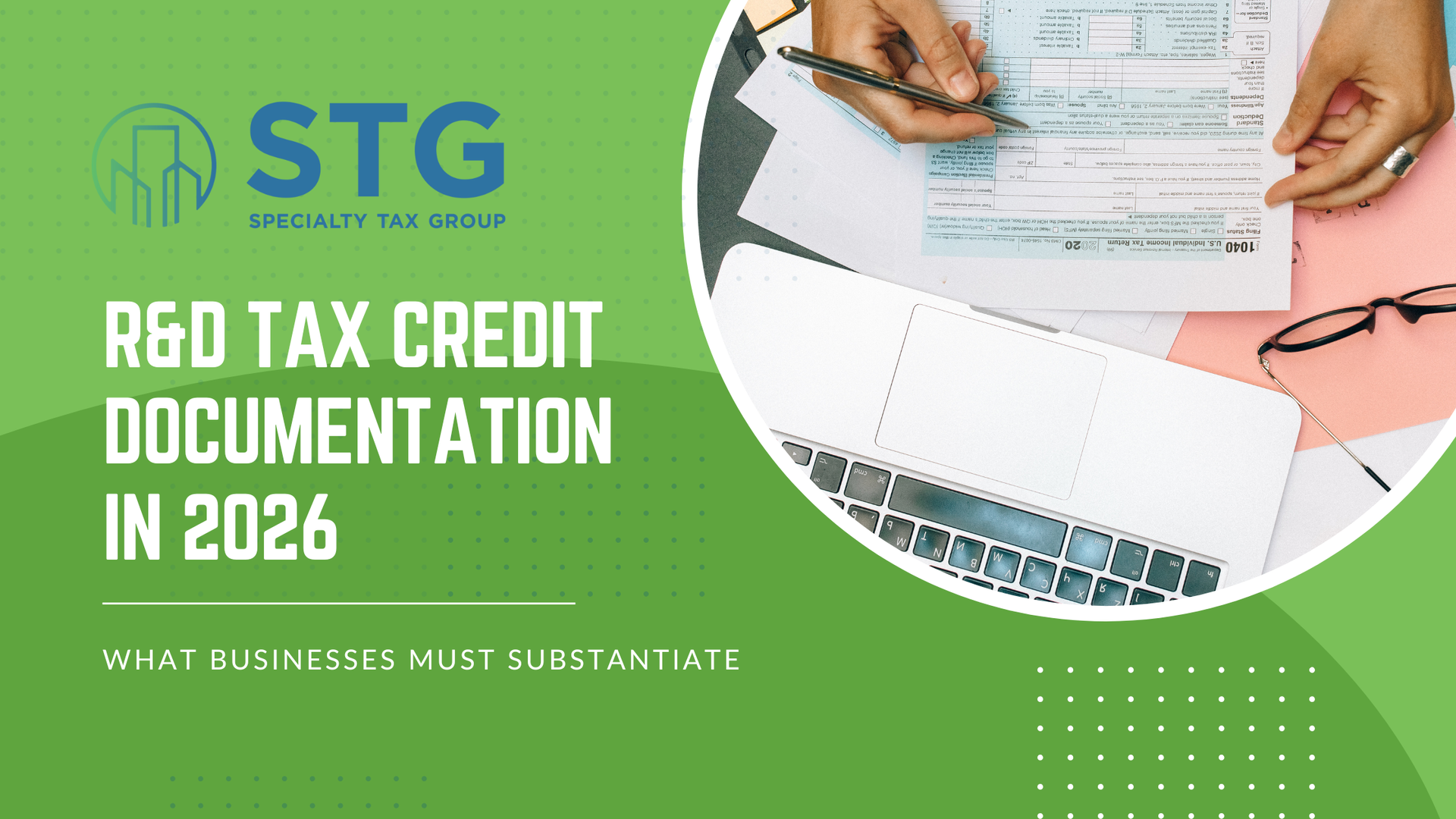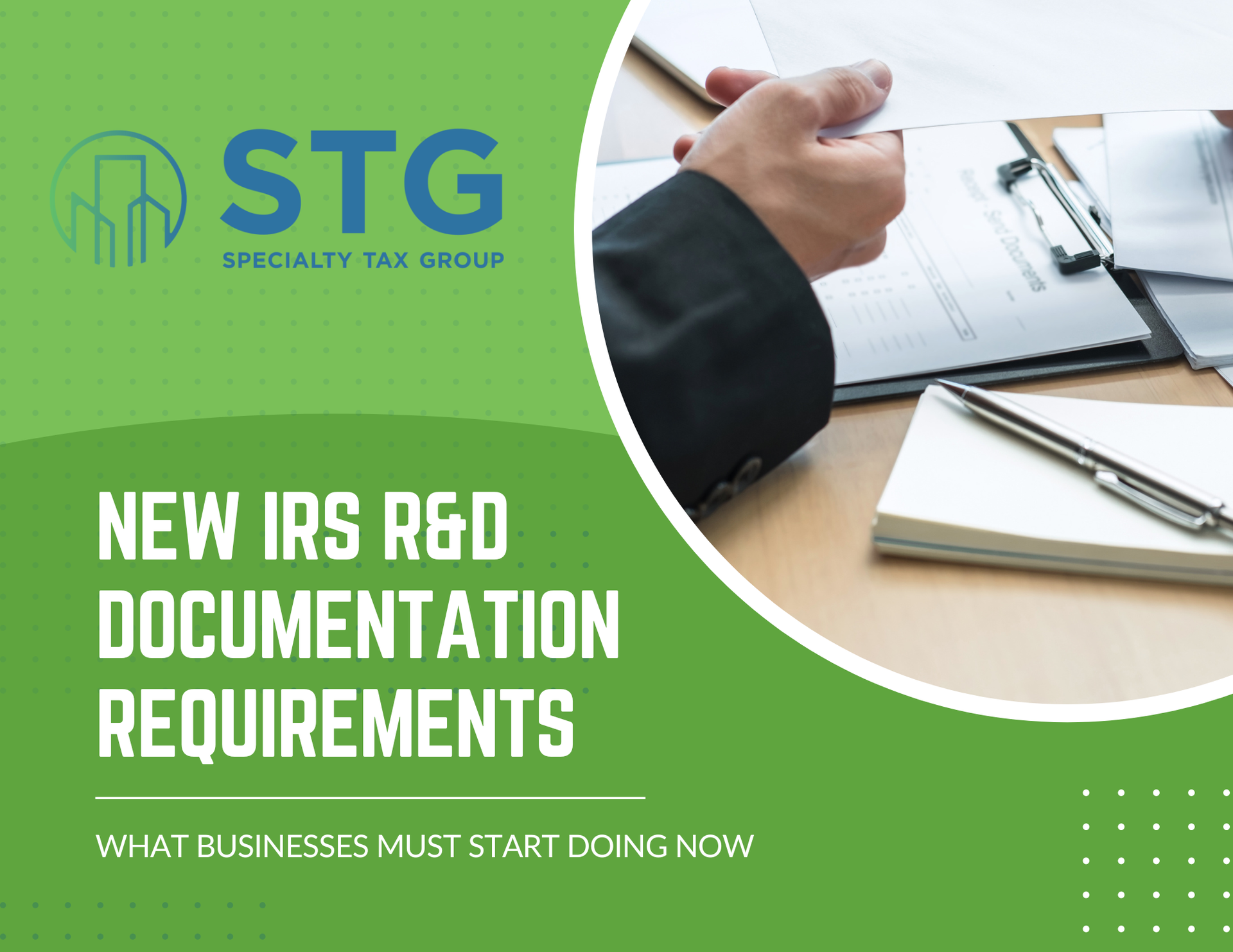This blog post has been researched, edited, and approved by John Hanning and Brian Wages. Join our newsletter below.
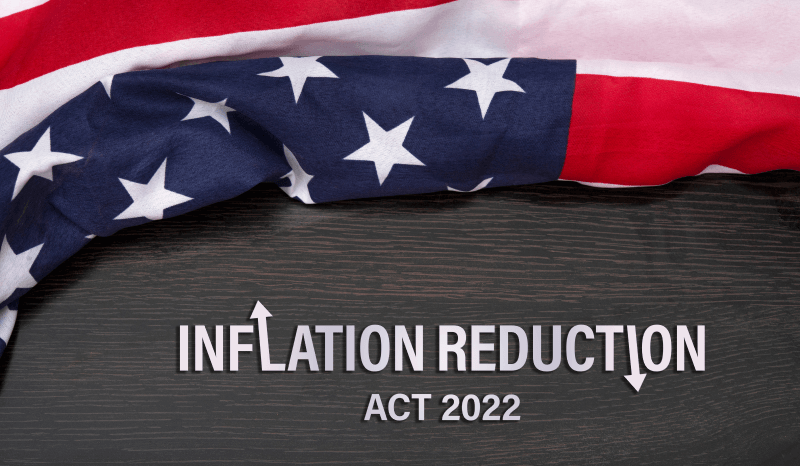
President Biden has signed the Inflation Reduction Act of 2022, a sweeping piece of legislation that will affect the three programs below. Additional provisions related to energy, healthcare, and taxes are outlined as well.
- The Center for Medicare and Medicaid Services (CMS) has released an implementation timeline for the Inflation Reduction Act's healthcare provisions, with negotiated drug pricing to begin in 2023, expanded subsidies in 2024, and the $2,000 out-of-pocket cap for Medicare enrollees beginning in 2025.
- Under current law, small businesses with less than $5 million in gross receipts and less than 5 years old can utilize up to $250,000 of the
Research and Development Tax Credit towards payroll taxes. The Inflation Reduction Act permits an additional $250,000 credit against Medicare taxes for tax years after December 31, 2022.
- The
179D tax deduction for energy efficient commercial buildings has increased from $1.88 per square foot to $5 per square foot for buildings 4 stories or taller. This applies to construction through 2032.
- The
45L residential energy efficient property tax credit has been extended retroactively for 2022 through 2034. Starting in 2023, the maximum credit is $2,000 for single family homes and $5,000 per dwelling unit for multifamily buildings.
- New tax provisions include a 15% minimum corporate tax on companies with over $1 billion in profits, a 1% excise tax on stock buybacks, and tax credits for renewable energy projects extended through at least 2025. The Treasury has released initial guidance on the corporate minimum tax and stock buyback tax.
- Medicare will also be permitted to negotiate prescription drug pricing starting in 2023, with rebates mandated for drug price increases exceeding inflation.
STG Insight
If you have questions about how the Inflation Reduction Act will impact your business and how to claim these tax incentives please contact Brian Wages at brian.wages@specialtytaxgroup.com or John W. Hanning john.hanning@specialtytaxgroup.com. Specialty Tax Group (STG) helps CPA firms and taxpayers by providing innovative tax planning strategies to secure tax credits and deductions with audit-ready deliverables. Learn more at www.specialtytaxgroup.com.

